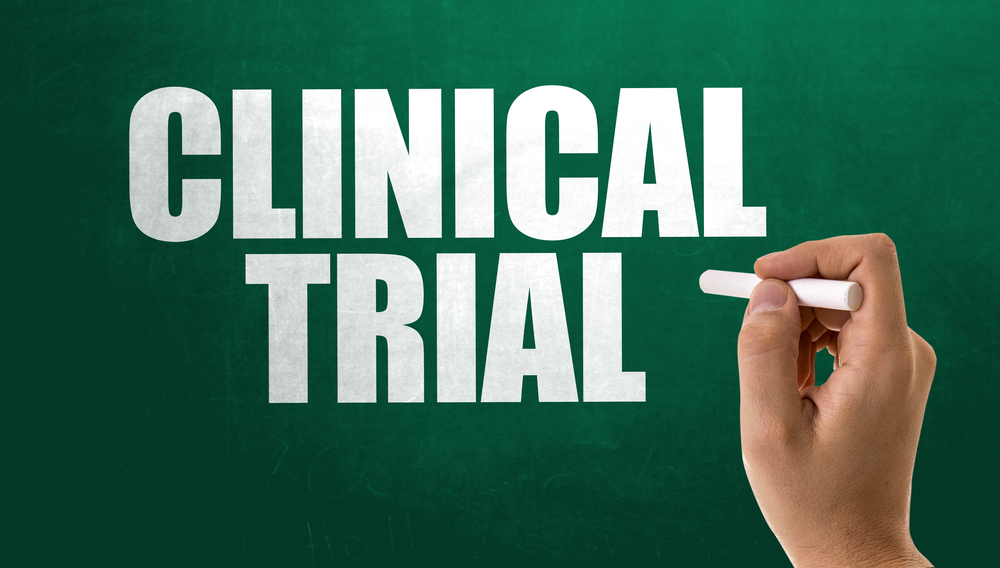Benlysta Add-on Therapy Improves Kidney Function in People with Lupus Nephritis, Phase 3 Trial Shows
Written by |

Adding Benlysta (belimumab) to standard therapy increased the percentage of people with active lupus nephritis who experienced improved renal function in a Phase 3 trial.
The BLISS-LN study (NCT01639339) was designed to evaluate Benlysta’s safety and efficacy in people with active lupus nephritis, a common and serious kidney inflammation caused by systemic lupus erythematosus (SLE). With 448 participants, it was the largest placebo-controlled Phase 3 study involving patients with the condition, according to the treatment’s developer, GlaxoSmithKline (GSK).
Participants received standard therapy for lupus nephritis in addition to either 10 mg/kg of Benlysta or a placebo, both given intravenously (directly into the bloodstream) every two weeks in the first month and every 28 days thereafter for 22 months. Renal function was evaluated four weeks after the end of therapy, or two years after the start of the study.
Results at the end of treatment showed that adding Benlysta to standard therapy led to better kidney function, with 43% of participants on Benlysta achieving the trial’s primary objective of renal response — meaning that their renal function improved, as assessed by biochemical markers — compared with 32% of patients on standard treatment alone.
Adding Benlysta also led to improvements across all major secondary endpoints, or goals, including complete renal response after two years, primary efficacy renal response after one year, and time to death or renal-related complication. In addition, Benlysta’s safety results in this trial were consistent with the known profile of the medication.
“Lupus nephritis is one of the most common and serious complications of SLE, occurring in up to 60% of adult patients. The results of the BLISS-LN study show that Benlysta could make a clinically meaningful improvement to the lives of these patients who currently have limited treatment options,” Hal Barron, MD, chief scientific officer, and president of research and development at GSK, said in a press release.
BLISS-LN results will be submitted for presentation at upcoming scientific meetings and in peer-reviewed publications.
“My journey with Benlysta began nearly twenty years ago when we performed the very first clinical research trial in lupus patients,” said Richard Furie, MD, chief of rheumatology and professor at the Feinstein Institutes at Northwell Health, and lead investigator of BLISS-LN. “To see it culminate in a successful phase 3 lupus nephritis study is a key achievement as the inadequate response of our patients with kidney disease to conventional treatment has long been an area in need of major improvement.”
Benlysta is a medication approved in the U.S., the E.U., and Japan as an add-on treatment for people age 5 and older with active SLE. Given BLISS-LN’s positive results, GSK plans to file regulatory applications in the first half of 2020 to have the therapy’s approved indications extended to include lupus nephritis.




